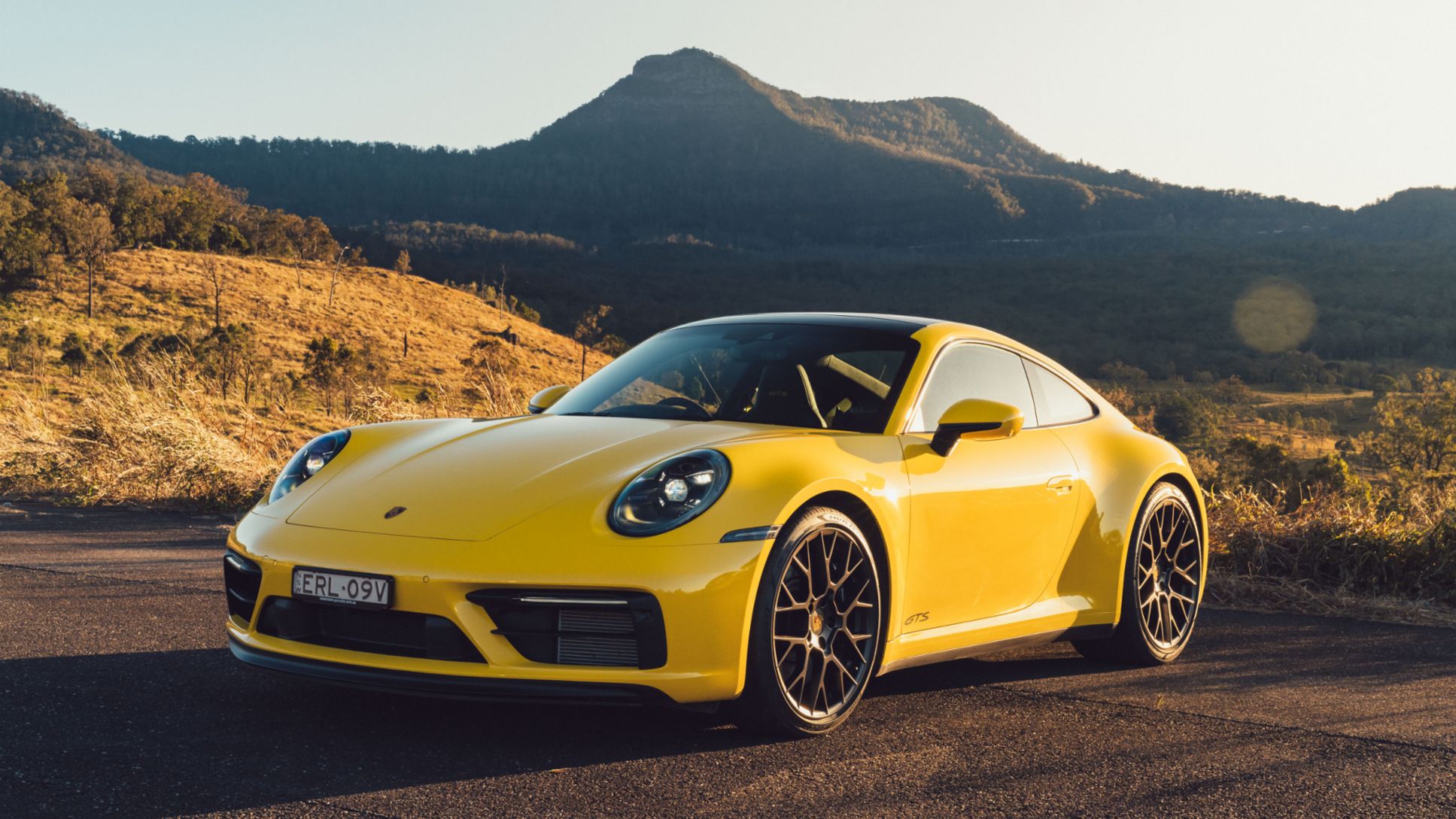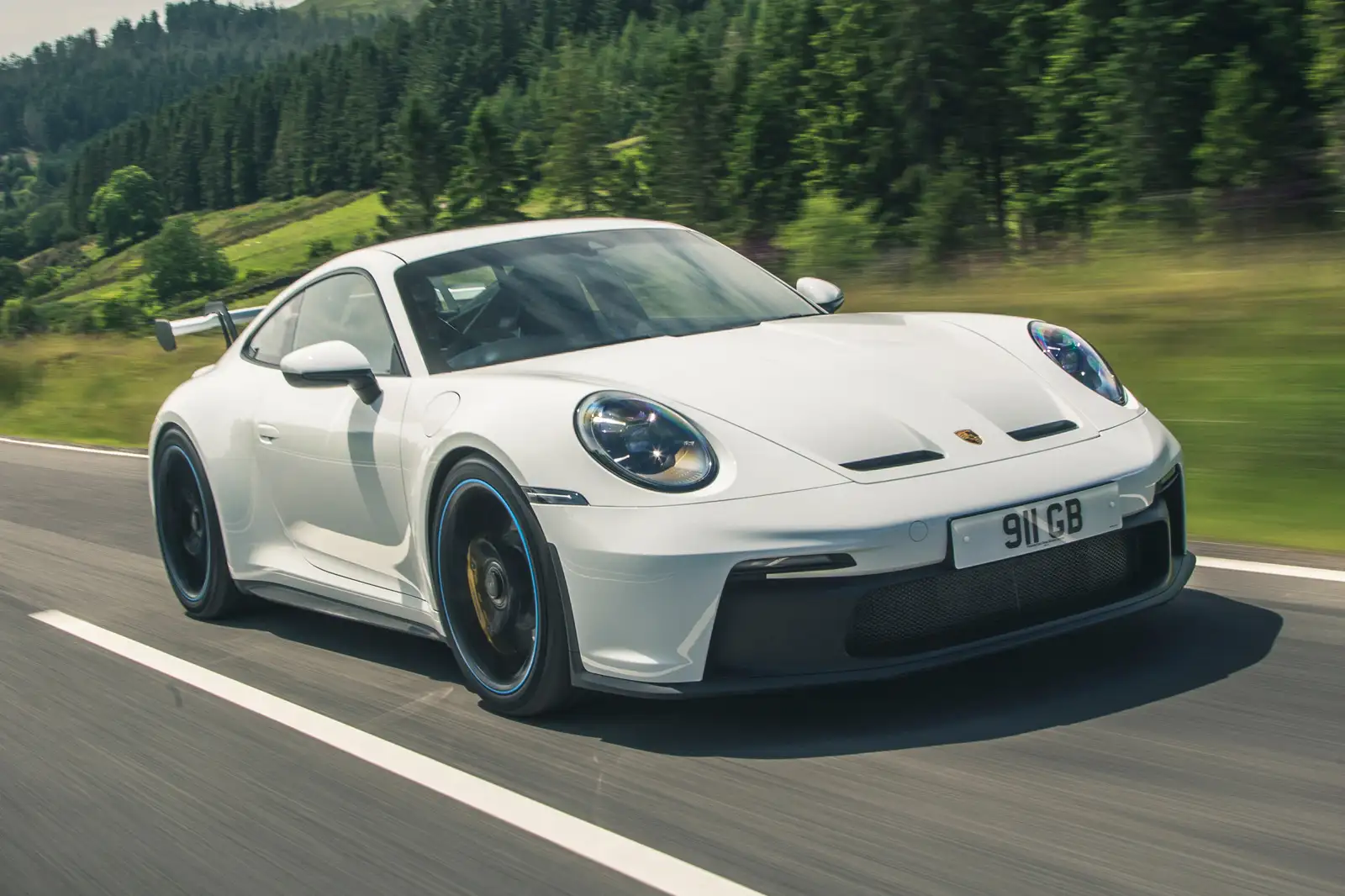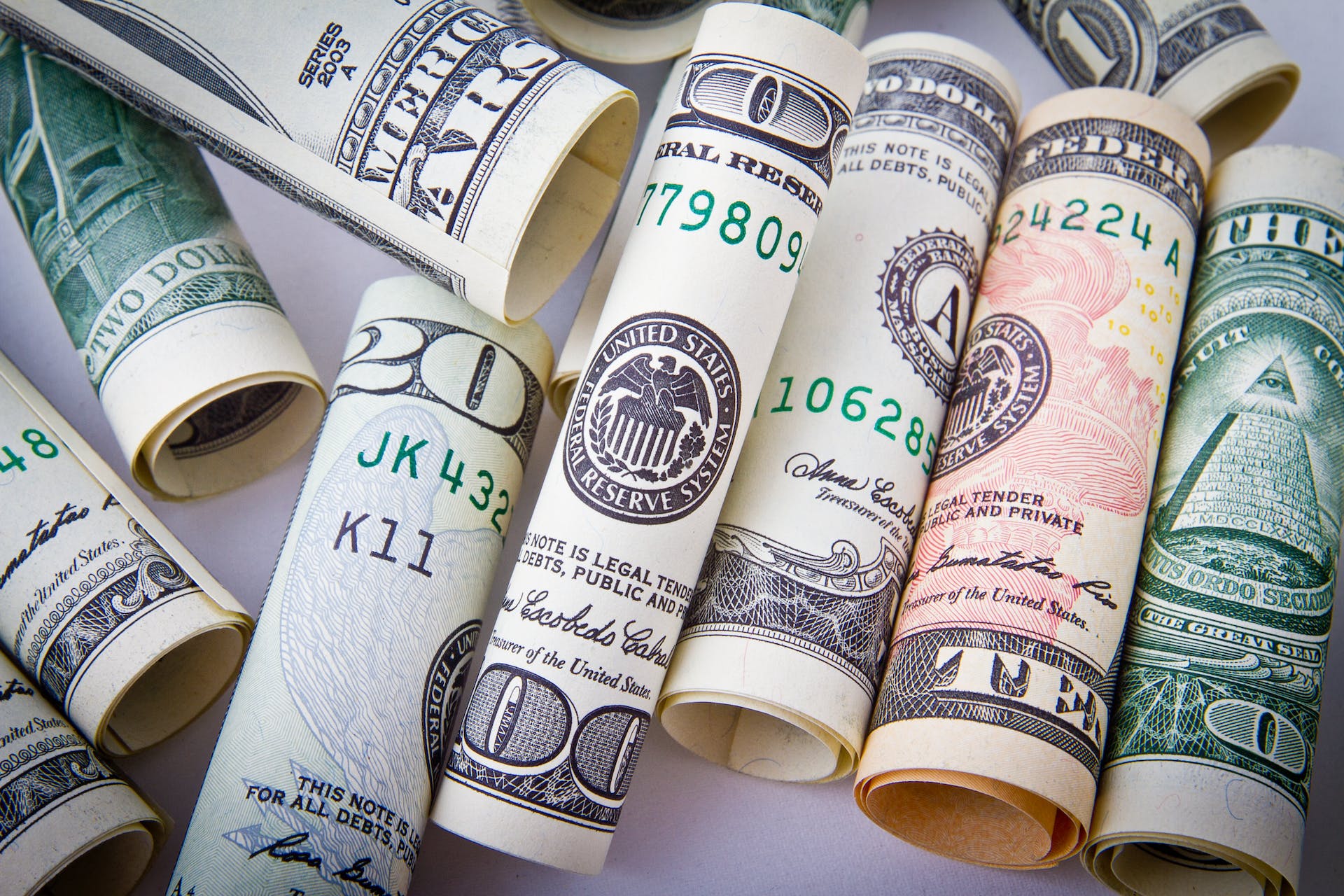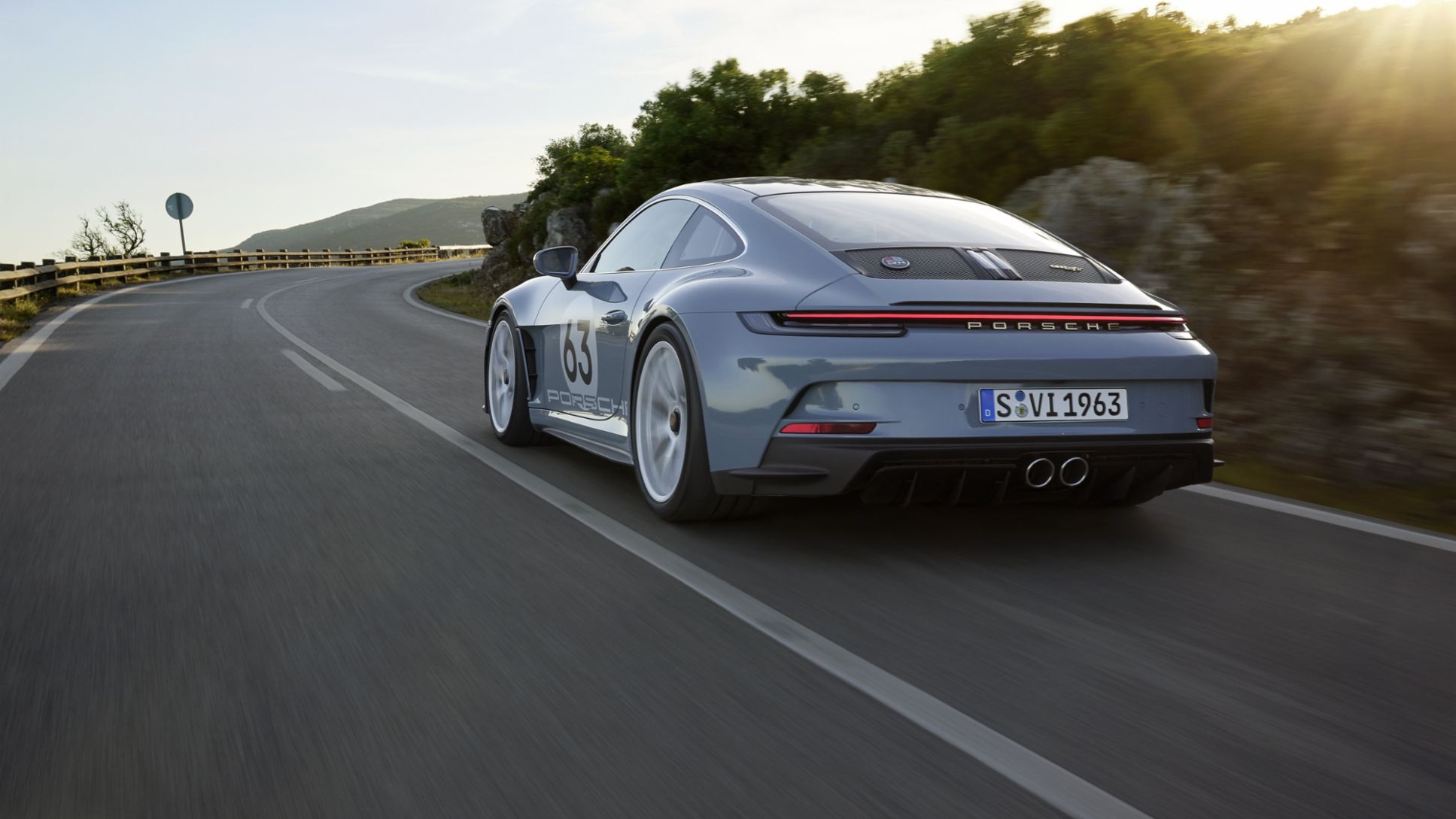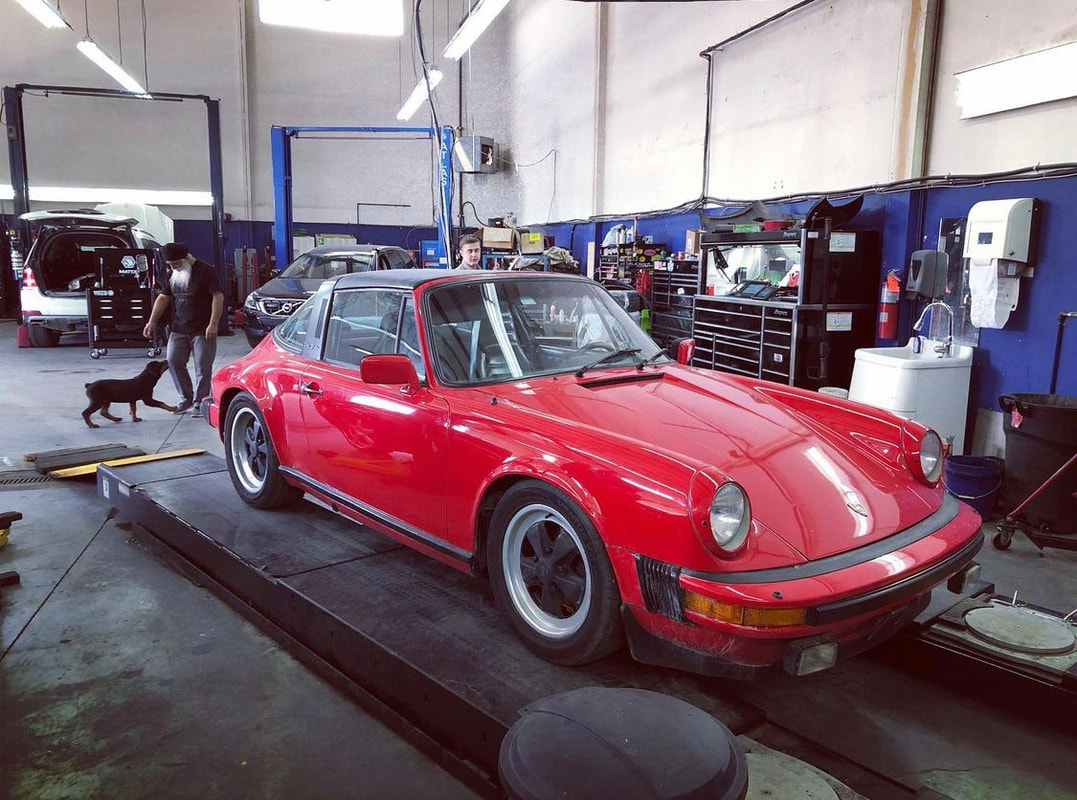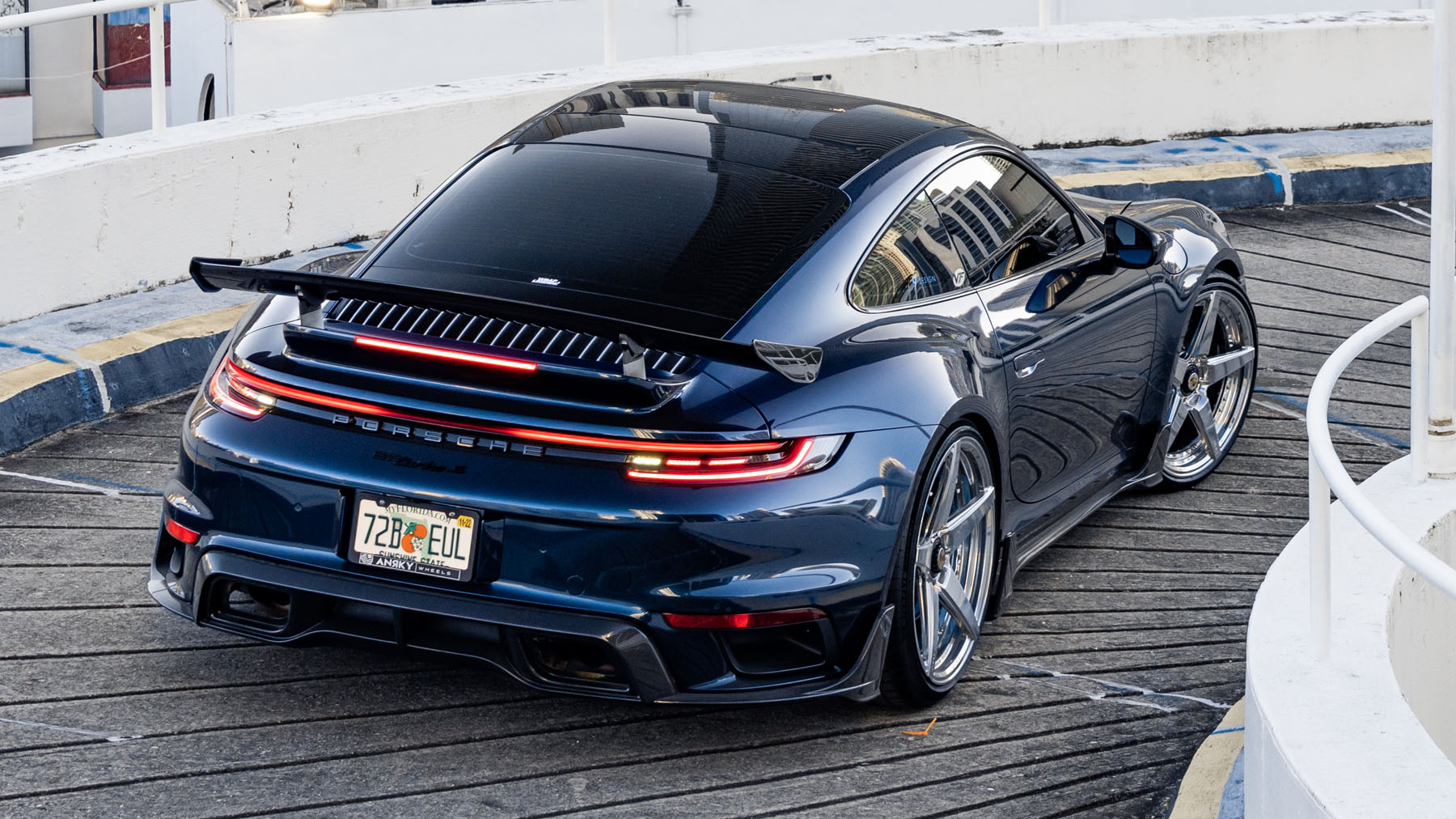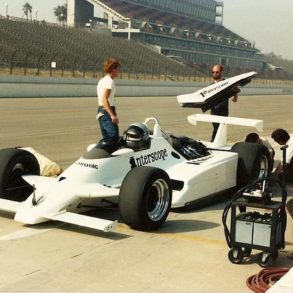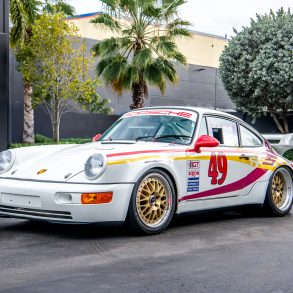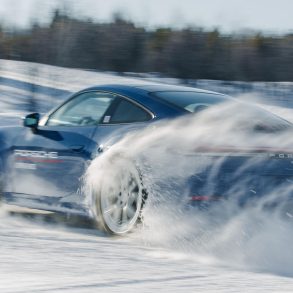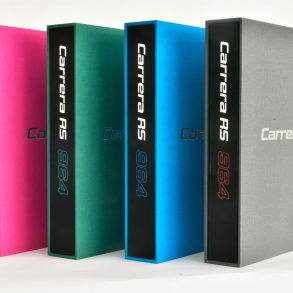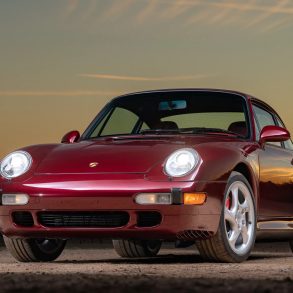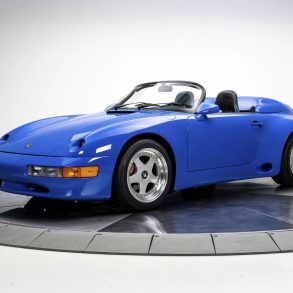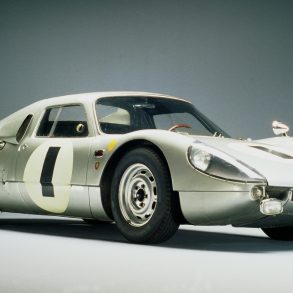Over the past decade or so, the Porsche 911 has really grown into an automobile that has become synonymous with both fun and reliability—the “dynamic duo” of qualities required for a sports car to achieve widespread commercial success. The Porsche 911 has done just that, and with a wide range of variants within the 911 roster to choose from, there’s a flavor that’ll suit just about any palate.
Whether you’re looking for something that’ll tackle the daily commute to work, a dependable (and fun) car for harsh winter conditions, a capable racetrack weekend warrior—or something that can do a bit of everything—Porsche has gone through great lengths to ensure that they can produce a 911 that will deliver on what you require of it.
As much as buying a brand new Porsche 911 is already a superb value proposition on its own merits, prospective buyers must still accept that the costs of owning one—both up front, and over time—are not going to be insignificant relative to most mainstream vehicles. Depending on the circumstances, owners should expect to pay “luxury”, or even “exotic” prices, when it comes to any of the costs associated with Porsche 911 ownership.
What The Data Tells Us
Popular car shopping/buyer’s guide websites such as edmunds and CarEdge have parsed market data to provide benchmarks on what Porsche 911 ownership costs could look like over a 5 year period (from brand new). The parameters that are analyzed include depreciation, insurance premiums, loan interest and financing fees, maintenance and repair costs, and other obligations such as fuel costs. Let’s take a look at what their research has determined, while providing some nuance to what the numbers say.
Depreciation
Let’s start off with the trickiest one here.
The Porsche 911 is already a niche within a niche, and there are even more layers added to that when considering extremely low-volume and exclusive models such as the GT3 and GT3 RS. Add to that, the unique market conditions over the past 3 years or so, and things can get even harder to nail down.
Credit: Autocar
For example, edmunds states that depreciation for a 2022 Porsche 911 GT3 coupe is a whopping $106,286 over a 5 year period with a notable $63,189 of that in Year 1. My guess is that the data they’ve compiled is based on algorithms that view the entire 911 lineup—or even all Porsche models—as the same and singular car, and doesn’t employ the case-by-case approach required for many of the different 911 variants.
CarEdge appears to take that approach, determining that a Porsche 911 will depreciate in value by $31,583 after 5 years. Based on “real world” or even “anecdotal” scenarios, this hits with a lot more accuracy. While rare 911s like the aforementioned GT3 and GT3 RS will likely command near-MSRP prices over a 5 year period—which is confirmed by existing trends—widely available models like the Carrera S are more susceptible to depreciation, hence weighing down the average.
Either way, considering that brand new 911 models will cost in excess of $115,000 (before any options) at the bottom-end, depreciation costs as a percentage are very low compared to the industry average. That has allowed CarEdge to give an A+ Value Rating for the Porsche 911, meaning you can be confident that your car will retain a strong resale value over time.
Financing Costs
Buyers may choose to finance as it provides them with the opportunity to get into a new vehicle right away, and in some cases can have some big advantages over paying the full amount in cash. This can be especially true in low interest rate borrowing environments, or when there are better strategies to allocate one’s capital. In any case, financing costs are likely to play a significant role in the majority of car owners’ overall vehicle ownership costs, and the Porsche 911 is no exception.
Credit: Pexels / Pixabay
It’s really just hard numbers here, and there’s no need to look for any nuances in this case—it’s very cut and dry. Interest rates are the biggest determining factor in the overall cost structure, so shopping around for the best price is always recommended when possible. Having a good credit score will also help and likely expand your options, while providing a down payment will also reduce the cost of borrowing.
In the CarEdge and edmunds analysis respectively, interest costs for a Porsche 911 come in at $24,655 and $45,545 over 5 years. The discrepancy here comes from the fact that the former assumes a 72-month loan with an APR of 4.75% and a 20% down payment. By reverse engineering the latter (and considering it’s specific to the 2022 Porsche 911 GT3 coupe) we’ve determined a 72-month loan with an APR of 6.00% and a 0% down payment, or thereabouts.
An exact schedule of what your loan costs will be, can be calculated through any permutation of loan amount, interest rate, and term. It’s important to discuss the details with your bank or dealership finance manager, ahead of finalizing your purchase. Alternatively, you can play around on loan calculators if you feel like crunching some numbers on your own.
Insurance
Across state lines and borders, insurance premiums can vary greatly. In addition, many other factors—such as age, driving record, deductibles, usage allowances and policy discounts—will play a key role in determining your overall insurance costs. Proof of this is provided through the huge discrepancy between the edmunds and CarEdge report, which respectively report $9,518 and $24,180 in insurance costs over a 5 year period of owning a Porsche 911.
Credit: Pixels / Kindel Media
Based on the aforementioned, it’s therefore difficult to provide an accurate benchmark on what your insurance costs will ultimately be. That being said, it’s important to familiarize yourself with how car insurance works in your own jurisdiction and crucially, what your car insurance premium covers. The Porsche 911 is not the type of car you want to have surprise you when it comes to paying any repair bills!
Maintenance, Repairs & Fuel Costs
As mentioned at the beginning of this article, the Porsche 911 has earned the reputation of being a very reliable car—this was not quite the case in decades past. Therefore, when buying a brand new Porsche 911, you can be assured that you’re getting a car that possesses industry-leading build quality.
Credit: Porsche Media
However, due to the nature of these high performance sports cars, that doesn’t necessarily mean that maintenance, repairs and parts come cheap when the time inevitably arrives. CarEdge has estimated maintenance and repair costs to be $5,380 over 5 years (average 911 model), while edmunds is quoting $9,477 (GT3 specific) over the same period. These numbers look par for the course, as the rates for labor and parts tend to be very consistent across the board.
Credit: Euroworks
I think most prospective and current 911 owners will agree that the car is only as good as how often (and perhaps, how hard) you can drive it. That’s going to require fuel, and will for sometime, as Porsche has not committed to converting the 911 into an EV in the future. Porsche has engineered the cars to be relatively fuel efficient for what they are, and they can travel very far on a single tank, granted they do demand premium grade gasoline.
CarEdge and edmunds have estimated fuel costs to be $10,780 and $20,269 over a 5 year period respectively, based on mixed city/highway use and 12,000 to 15,000 miles driven per year. Of course, driving habits, the variant of 911 you drive, and intended use, will all paint a clearer picture of the true costs of fuel. For example, driving your car at the race track will likely require an accelerated maintenance and repair schedule, and a lot more gas, just for starters!
Personalization & Modification
Credit: Top Gear
Something that neither of the two reports discuss, are the costs of personalizing and/or modifying your car. For many car enthusiasts—exactly the kind of people who would be drawn to purchase a car like a Porsche 911—this is a compulsory part of the car ownership experience.
This can include cosmetic items, like installing paint protection film or a custom set of wheels to express pride of ownership and individualization. Or, there can also be modifications for a very specific purpose—namely track usage—where owners will upgrade the car’s tires, brakes, suspension, engine, and more, so that it can perform better at the circuit. Tip: familiarize yourself on how doing these things may affect your car’s warranty.
Depending on what an owner’s goals are (relative to their budget), these things can add anywhere from hundreds of dollars, to tens of thousands of dollars, to the overall cost of ownership. While such matters are not generally spoken about for the purposes of ownership cost breakdowns and buyer’s guides (and rightfully so), they are common enough to deserve a mention.
Coles Notes
- The Porsche 911 is a very reliable car.
- Owning a Porsche 911 is probably not as expensive as most people think; although it’s not going to be like owning a Toyota.
- The Porsche 911 has proven over many years that it holds its value very well; exclusive and range-topping models typically have the strongest resale value.
- Insurance premiums can vary greatly based on location and demographics; but it’s safe to assume they will be notably higher than the average commuter vehicle.
- Maintenance and repair costs are inline with most luxury and performance brands; expect $5,000 to $10,000 over a 5 year period with some variance depending on how the car is driven and what it’s used for.
- Fuel costs are what you’d expect for a high performance sports car, $10,000 to $20,000 over a 5 year period; when driven “normally”, they can be very efficient on gas.
- Other factors such as installing modifications can significantly increase ownership costs in some cases; also be aware of how your new vehicle warranty may be affected by doing so.


